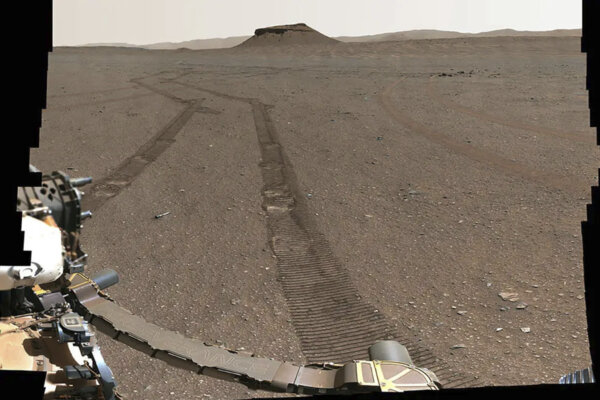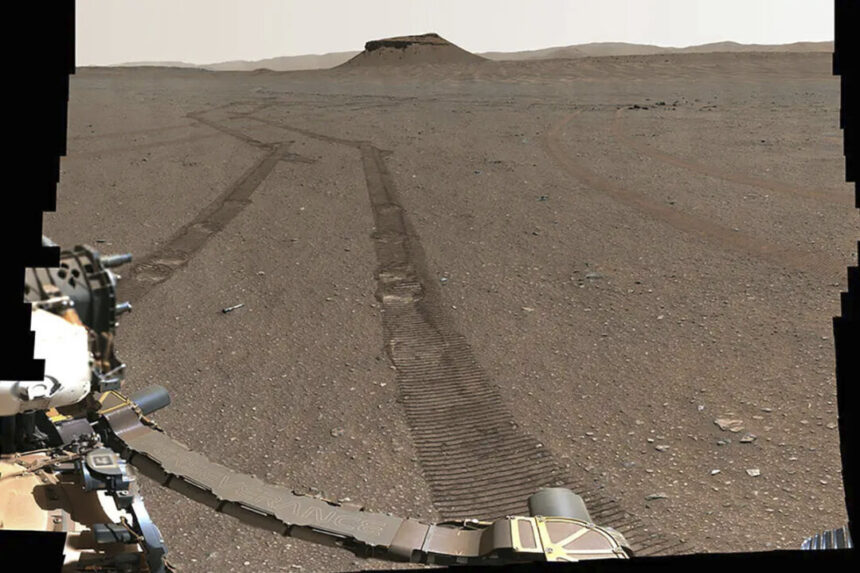
CAPE CANAVERAL, Fla.—NASA is proposing a more cost-effective and expedited method for retrieving rocks and soil from Mars, as the original plan’s cost ballooned to $11 billion.
Administrator Bill Nelson unveiled a revised strategy on Tuesday, just before stepping down as NASA’s head prior to President-elect Donald Trump’s inauguration.
Nelson revealed that he halted the original sample return plan months ago due to escalating costs and the projected delay in receiving Martian samples before 2040.
Last year, NASA sought input from industry and other stakeholders to explore better alternatives for ensuring the timely return of samples collected by NASA’s Perseverance rover in small tubes, aiming for arrival in the 2030s, well ahead of planned manned missions to Mars.
“We want to return 30 titanium tubes as soon as possible at the cheapest price,” Nelson stated.
The space agency is evaluating two options in the $6 billion to $7 billion range, one of which involves innovative designs from commercial partners. The number of spacecraft and launches would remain the same, but NASA claims that the proposed options would streamline the mission.
A final decision is expected next year following engineering studies detailing each option. One traditional alternative would utilize the same landing method used for NASA’s Perseverance and Curiosity rovers—a rocket-guided platform known as a sky crane. The second option involves a landing system developed by private companies, with specifics still pending.
Perseverance has collected over two dozen samples since its 2021 landing, with more expected in NASA’s crucial quest to uncover evidence of ancient, microscopic Martian life. Scientists aim to analyze these samples from the red planet’s dry river delta in Earth-based labs.
NASA officials emphasize that both options would simplify the process by cleaning the sample tubes on Mars’ surface instead of within the returning spacecraft, and switching from solar to nuclear power to withstand Martian dust storms.
Nelson noted that the incoming administration would determine the optimal approach for retrieving the Mars samples, necessitating immediate funding to move forward. Trump has nominated tech billionaire Jared Isaacman, a two-time space traveler, as Nelson’s successor.
“Our goal was to provide them with the most viable options for moving forward,” Nelson remarked.
By Marcia Dunn





